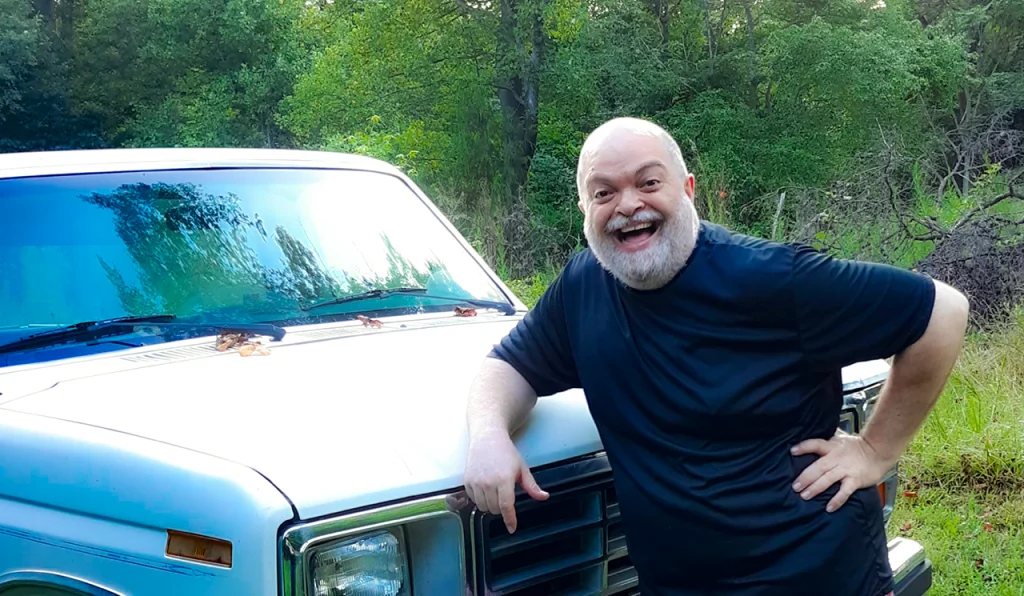“This is fixable”

I love saying that phrase—because it changed my life.
When my orthopedic physician looked at my torn ACL and said, “This is fixable,” I felt instantly empowered. It gave me direction, hope, and the motivation to get to work. That simple phrase has shaped how I practice physical therapy every day.

I drive a 40-year-old Ford F-150 that’s still running strong. Why? Because I enjoy doing my own repairs. I’ve even replaced the transmission myself. There’s real satisfaction in identifying a mechanical problem and knowing, “This is fixable.” And with every fix, I gain more confidence—enough to believe this truck has another 100,000 miles in it.
It’s not so different from what I do in the clinic.
Most movement problems I see? They’re fixable. And with the right guidance, you can fix them yourself.
But there’s one key difference between truck repair and physical therapy: trucks don’t have emotions. People do.
That’s why recovery isn’t just about the physical. It’s about the ABCs—affect, behavior, and cognition. You hurt your knee. That affects your mood. You avoid stairs or stop lifting. You start to wonder, “Is this just how my life is now?”
That’s where “This is fixable” becomes so powerful.
Early in my career, I worked at a large orthopedic practice. We could almost guess which doctor referred a patient based on the attitude they brought in. The patients who had been told “This is fixable” arrived ready to work. They were hopeful, engaged, and eager to improve. Others, who hadn’t been given that kind of reassurance, often needed extra coaching just to believe recovery was possible.
The truth is, the human body is remarkable. Unlike my truck, which needs new parts, people heal. With the right intervention, movement, and support, muscles, tendons, and joints can repair and rebuild.
I say “This is fixable” because I believe it, and because it helps patients believe in themselves. Physical therapy isn’t something to fear. It’s a path forward.
So, if you’ve been told, “You’re just getting older—get used to it,” let me offer a different perspective:
Ask my truck.

